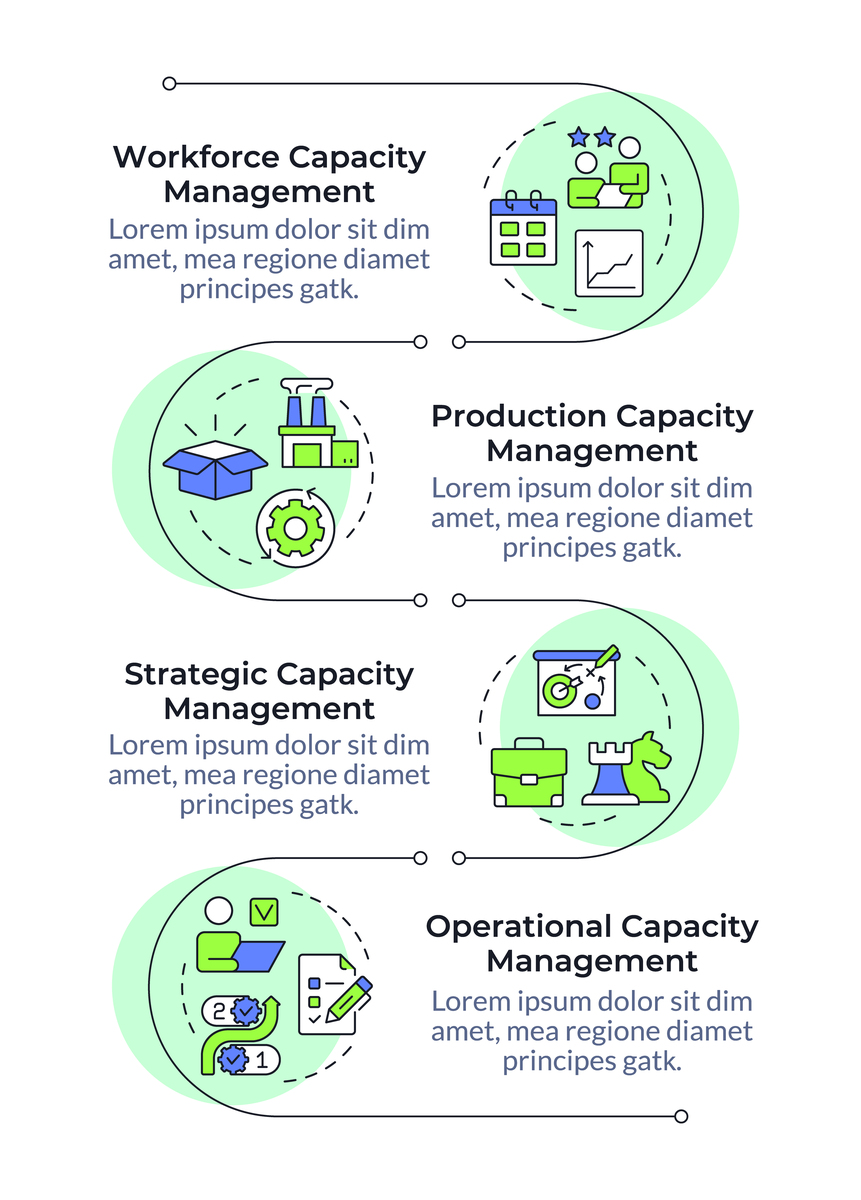Inductive vs. Deductive Reasoning: Understanding the Difference in Logical Appeals
Inductive reasoning and deductive reasoning are two different methods of reasoning used in logical appeals. Inductive reasoning involves arriving at a conclusion based on specific observations or evidence. It starts with specific observations and then generalizes to a broader conclusion. For example, if all the swans you have ever seen are white, then you might conclude that all swans are white.
Deductive reasoning, on the other hand, involves arriving at a specific conclusion based on general principles or premises. It starts with a general principle and then deduces a specific conclusion. For example, if you know that all mammals have hair, and you know that a horse is a mammal, then you can deduce that a horse has hair.
In summary, inductive reasoning starts with specific observations and generalizes to a broader conclusion, while deductive reasoning starts with a general principle and deduces a specific conclusion.

原文地址: https://www.cveoy.top/t/topic/n90Z 著作权归作者所有。请勿转载和采集!